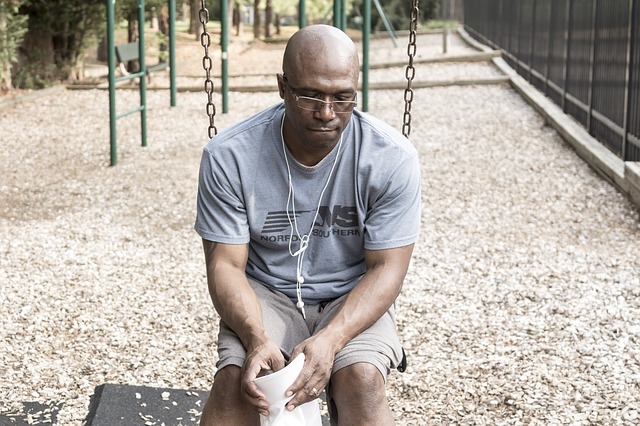It doesn’t matter if you like betting on sports, the lottery, poker, roulette, blackjack or something else, gambling can become a problem, interfering with your relationships and work, leading to financial disaster, if you’re not careful. But the good news is that this kind of addiction is easier to beat with the right kind of help.
Gambling Addiction: Signs and symptoms
Doctors often refer to gambling as a “hidden illness” because there are no physical symptoms as you’d see in someone who’s addicted to drugs or alcohol. Players might have a gambling problem if they display the following signs:
- Feel as if they must keep their gambling secret. If you find yourself lying or trying to hide how much you gamble, or if you feel that other people don’t understand, or if you’re hopeful you can surprise someone with a big win.
- Find it difficult to control your gambling. When you start gambling, how easy is it for you to walk away? Are you compelled to keep gambling until all your money is gone? Do you keep upping your stakes in an attempt to win back money you’ve lost?
- Fascination with gambling. Do you always feel the need to check the odds every day, or read every bit of gambling related news you come across? Does an amazing casino review instantly get your attention?
- Gamble with money you can’t afford to lose. Have you ever risked your rent or food money in order to gamble? Have you gambled with money that isn’t yours – for example, borrowed or stolen money?
- Family and friends express concern. One of the main problems is denial. If your friends and family say that they are worried, there’s probably good reason why they’re doing so. Think about why they’re so concerned. It’s not a sign of weakness to admit you have a problem.
The first step towards beating gambling addiction is recognizing that you do have a problem. It takes a lot of courage and strength to admit this, and becomes even worse if your relationships have already become strained, or if you’ve already lost lots of money. But lots of people have been in the same boat and were able to break the habit, so there’s no reason why you cannot do the same.
Here’s a few techniques you can try:
- One of the first steps is to try and get help for underlying disorders that may have prompted your gambling. Such things as anxiety, depression, stress and substance abuse can trigger gambling issues and make them worse. Even if you get gambling out of your life, such problems will still remain and need to be addressed.
- Find healthier ways to relax. Many people resort to gambling as a way of combating depression, boredom and loneliness. It’s an efficient way to forget all of your over problems, but there are much more healthy and effective ways to manage such feelings.
- Get a support network. Any kind of addiction can be tough to beat without support, so be sure to reach out to any supportive family members or friends. For those who don’t have such a support network, an alternative is to reach out to people at work, join a book club or sports team, or do some volunteering work.
- Join a support program. The most famous is Gamblers Anonymous, which offers a 12-step recovery program modeled after Alcoholics Anonymous. One of the central aspects of the program involves finding a “sponsor”, a former gambling addict who understands your battle and can provide invaluable help and support as you try to reign in your own addiction.
